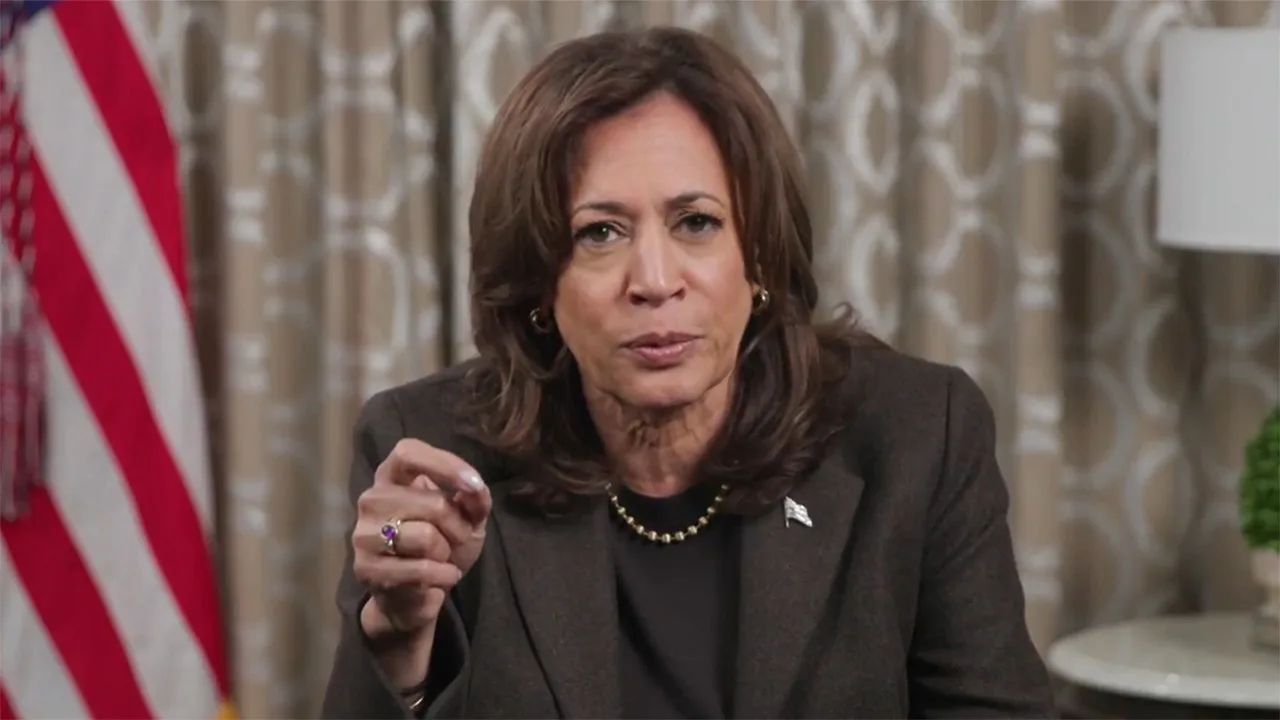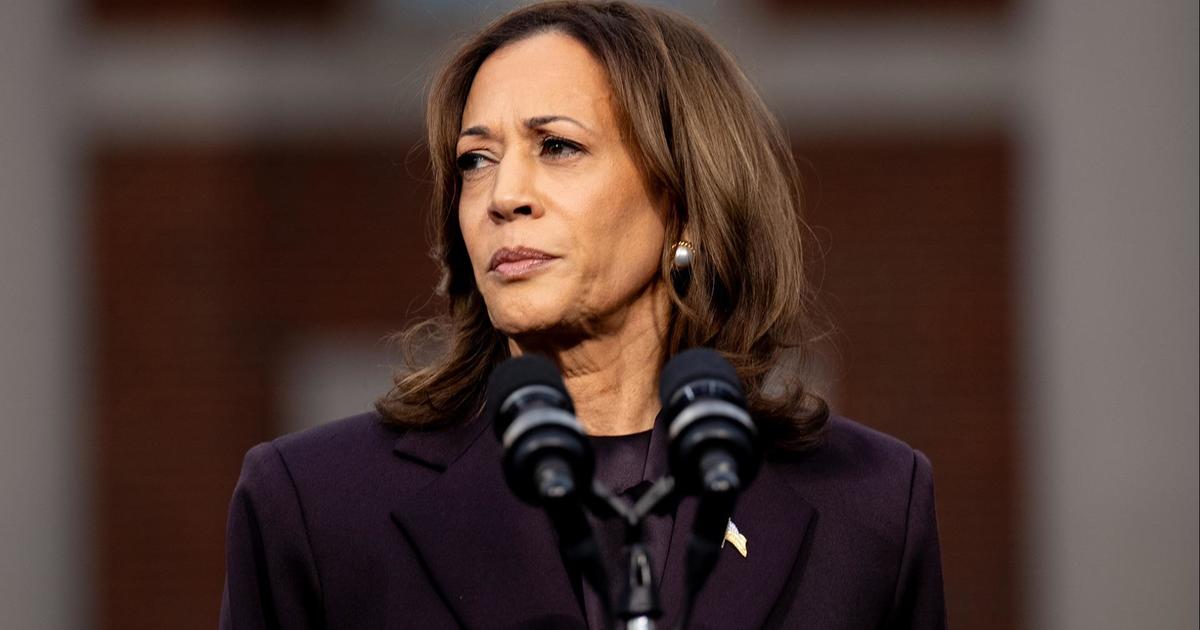Vice President Kamala Harris’s pledge to reform marijuana policy, among other policy changes, is setting the stage for a bold political showdown. Her promise to take significant steps on marijuana legalization aligns with broader shifts in U.S. public opinion and recent state-level reforms but has yet to see full federal implementation. The potential confrontation between the Biden-Harris administration and their Republican opponents, including former President Donald Trump, highlights an ideological split on federal marijuana policy, a divide shaped by economic, criminal justice, and public health factors.
Kamala Harris’s Marijuana Policy Proposal
In her recent statements, Harris emphasized her support for federal marijuana legalization, which would mean removing it from the list of controlled substances, expunging past convictions, and potentially regulating it akin to alcohol. This move follows the Biden administration’s recent steps to review marijuana’s classification as a Schedule I substance, which currently equates it to drugs like heroin in terms of legal and criminal penalties. However, full legalization would mark a far more substantial reform, creating a regulated market and potentially generating significant federal and state tax revenue.
The Democratic argument for marijuana legalization centers on addressing the criminal justice implications of past policies. Many argue that current laws disproportionately affect minority communities, contributing to mass incarceration. By implementing legalization, Harris aims to offer relief to those with low-level marijuana convictions, which could reduce recidivism and alleviate the societal impacts of prolonged incarceration for minor drug offenses. Additionally, legalization is expected to provide a substantial economic boost, adding jobs and opening markets, much as state-level legalization has done in places like California and Colorado.
Economic Incentives and Health Considerations
The potential economic benefits of federal legalization could be vast. A regulated marijuana industry could create jobs, generate tax revenue, and offer potential funding for social programs, infrastructure, or educational initiatives. Economists estimate that federal legalization could lead to billions of dollars in annual revenue. Moreover, with recent studies showing potential health benefits of marijuana for chronic pain, anxiety, and other conditions, a federally regulated market could facilitate further research and safe access for individuals who need it.
However, the proposal also raises concerns about health risks and safety regulations. Some experts caution about potential risks, especially for younger individuals and those with a predisposition to mental health issues. Harris’s plan would need to balance these concerns through regulation, much like the alcohol industry, while allowing states to opt out if they choose.
Trump’s Likely Response and the Broader GOP Position
Former President Donald Trump has not been an outspoken opponent of marijuana but has generally taken a more conservative approach. During his presidency, he allowed states to proceed with legalization on their own but did not support federal legalization. Some factions within the GOP are cautiously supportive of limited reforms, especially regarding medical marijuana, but full legalization remains a divisive issue within the party. A key question is whether Trump would support states’ rights on this issue or push back against federal legalization by promoting a more restrictive stance.
If Trump were to oppose Harris’s plans, it would likely be based on traditional conservative arguments: concerns over public safety, potential for increased substance abuse, and broader concerns about shifting societal norms. However, he could also support aspects of decriminalization, which appeals to the libertarian-leaning members of his base who oppose federal overreach. Trump’s response may also reflect a desire to avoid alienating certain demographics, particularly younger and more libertarian voters who support legalization.
A Political Showdown with Voters as Key Stakeholders
As the country approaches the next election cycle, Harris’s stance on marijuana could serve as a key issue that resonates with younger voters, progressive Democrats, and advocates of criminal justice reform. On the other hand, a conservative base concerned with traditional values and public health may resist such changes, especially if they perceive them as liberal overreach.
In any scenario, Harris’s approach is bold, signaling a readiness to implement policies that represent a shift in American social norms. Trump’s potential opposition, if he runs, could frame this as part of a larger debate about federal power and societal values. Whether or not the American electorate will prioritize marijuana reform among other pressing issues remains uncertain, but this bold move by Harris has undeniably drawn a line in the sand. Both sides recognize that marijuana legalization is no longer a fringe issue—it has become a litmus test for how each party views the balance between reform, personal freedom, and public health.



